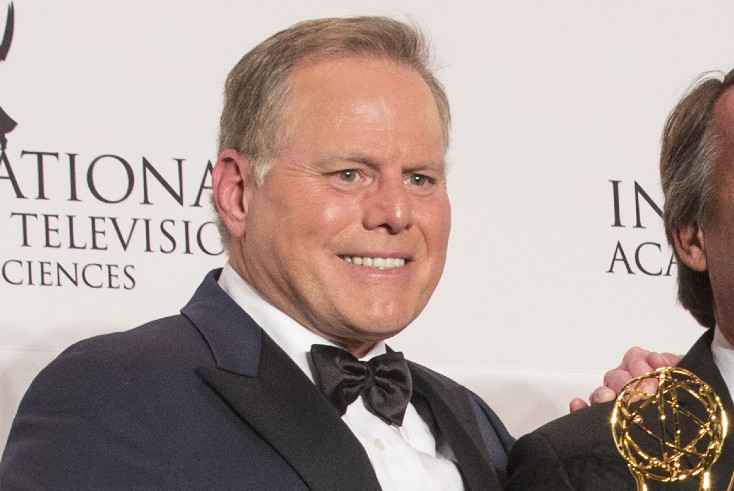Warner Bros Discovery stock slides after Max streaming service rebrand


Warner Bros Discovery’s stock declined over 5% during trading hours yesterday following the announcement of the company’s new combined streaming service, Max.
Max will combine the offerings on HBO Max and Discovery+, with three price tiers for users to choose from. An ad tier for $9.99 a month, an ad-free tier for $15.99 a month, and a new premium “ultimate plan” that will offer users 4K streams on up to four concurrent devices for $19.99 a month.
Notably, the with ads and ad-free plans are the same price of the existing HBO Max subscription, which is aimed at reducing churn through the rebrand.
The new service will launch on 23 May.
“It’s our superpower,” hailed Warner Bros Discovery CEO David Zaslav at a press event unveiling the service on Wednesday, where he explained that Max will have something for “every member of the family”.
Alongside the announcement, Warner Bros Discovery also revealed a slew of new titles for the service. They include a new Harry Potter television series based on the books, as well as another new Game of Thrones prequel, A Knight of the Seven Kingdoms: The Hedge Knight.
“This new brand signals an important change from two narrower products, HBO Max and Discovery+, to our broader content offering and consumer proposition,” said Warner Bros Discovery president & CEO of global streaming and games JB Perrette. “While each product offered something for some people, Max will have a broad array of quality choices for everybody.”
HBO Max was primarily branded as the home of “prestige” television; the HBO (Home Box Office) moniker provided a sense of high quality entertainment straight into homes. Discovery+, on the other hand, with its various properties from TLC, Food Network, and HGTV, has traditionally targeted audiences more interested in other content.
By combining two disparate services, Warner Bros Discovery is betting that a more traditional cable package-esque model will be a winner for streamers, even if it may turn off HBO’s fans by diluting the share of high-quality content on offer.
It is a different strategy from other industry players, notably Disney, which has consistently looked to keep separate its Disney+, Hulu, and ESPN+ offerings, though it does offer a bundle for its three services.
The decline in Warner Bros Discovery’s share price was part of a broader loss of value in streaming companies on Wednesday. Netflix (-2.12%), Paramount (-3.28%), Comcast (-1.93%), and Disney (-2.47%) all saw their share prices drop. The decline occurred as famed investor Warren Buffett was critical of streaming services in an appearance on CNBC. “It’s not really a very good business,” he said.
Between Warner Bros Discovery, Paramount, NBCUniversal (owned by Comcast), and Disney, streaming services have lost over $18bn since 2020, as each company has sought to challenge Netflix for dominance over the growing video-on-demand (VOD) audience.
Though Warner Bros Discovery has yet to turn a profit on its streaming services, it has aggressively sought to reduce its losses.
However, the company’s controversial business practices since its merger last year, which have included mass layoffs and the removal of content from its platforms, have drawn the ire of US lawmakers seeking a potential reconsideration of an antitrust case.
